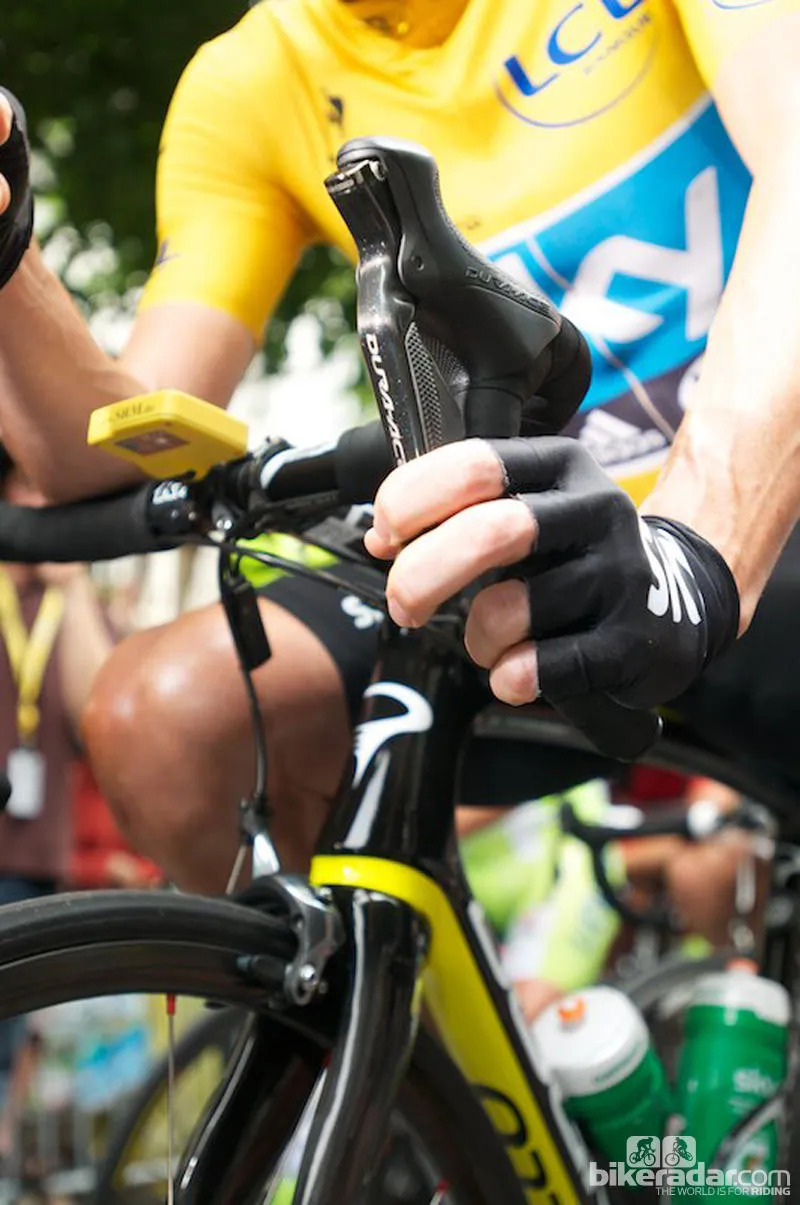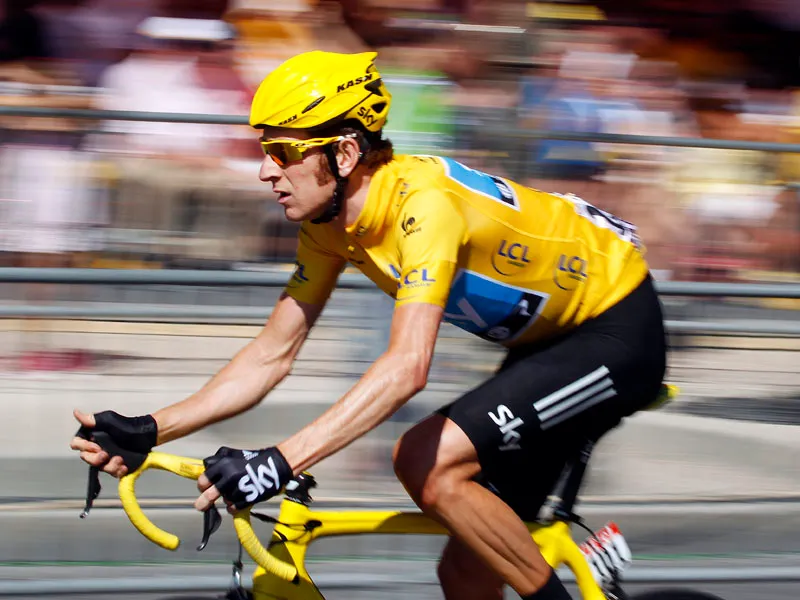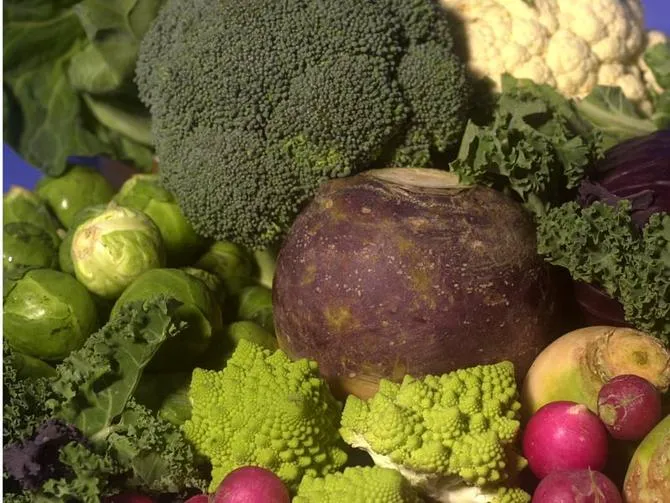Unless you’ve got a lot of holiday to take and an understanding family, you’ll never ride hundreds of miles and climb thousands of feet, day after day, for three weeks.
But if you’re riding for hours on top of a busy work and home life, the nutrition knowledge honed by Team Sky will help you stay healthy and perform well every day. Here are five tips from Nigel Mitchell, head of nutrition for British Cycling and Team Sky.
Before you read on and find out how the pros eat to train, make sure you've got a BikeRadar Training account. This free online resource enables you to record and analyse all aspects of your training, log your training routes, get yourself tailored training plans, see how you're doing on our leaderboards, set goals and plan your season with a comprehensive events guide.
Look after your gut
There’s no point eating decent food if your body is not in a fit state to process it. “We used to get riders on tours with gut irritation, but we worked to prevent it and don’t have those problems now,” says Mitchell. “A lot of people suffer with sub-optimal gut function, so it’s definitely worth thinking about how you can improve your gut health.”
Cut out foods that irritate the gut – caffeine and alcohol are both common culprits; cut down the acidity of your diet, and eat more vegetables.
Try this: Taking a health supplement for your gut, such as Neovite Colostrum, can help get your gut in good nick.

Tummy troubles? Caffeine is an irritant and can be worth cutting out
Eating opportunities
For every cyclist who needs to shift a few pounds, there’s one who’s not eating enough to fuel their training. Don’t underestimate the effects of undereating. “If people are not taking in enough energy, they won’t recover or get what they want out of the training sessions, and it will affect their health,” says Mitchell. He advises planning your meals and snacks properly.
Try this: Keep an accurate food diary and see how it tallies with your energy levels throughout the day. Take shortcuts if necessary – for example, if you’re training early and you just can’t face breakfast, Mitchell advises drinking watered down milkshake instead.
Don't shy away from fat
If you want to be lean, it’s tempting to cut down on fat, but Sky riders eat around 100g fat per day. “Fats don’t just have an energy role, they have a lot of physiological roles in the body,” says Mitchell. “Foods such as fish oil and good quality olive oil ensure we’re getting those essential fats. Terms like saturated and hydrogenated are confusing, so we take a common sense approach. If we eat food in the way it’s presented by nature, that will be providing most of what we need.”
Try this: Buy the least refined extra virgin olive oil you can. Mitchell swears by olive oil made by pro rider Dario Cioni.
Love broccoli juice
Mitchell’s riders have grown to love his vegetable juices, with broccoli, beetroot and celery a firm favourite in the mornings. “It’s a way of taking in nutrients in a palatable quick form, because they don’t want to be eating lots of bulk when they’re riding but we need to look after their health during long endurance events,” he explains.
Try this: Mitchell experiments with juice recipes at home; the best way is to buy your own juicer and try it for yourself.

If you want to ride like Wiggins then you need to think about your diet
Train to eat more
Consuming three days’ worth of calories in 24 hours takes practice. “The gut is very trainable. If your performance is compromised because you don’t feel you’re fuelling adequately, then training your gut to take on more will help,” says Mitchell.
Try this: Use energy drinks mixed from powders rather than ready mixed versions, so you can gradually increase the amount of carbs you’re taking in on rides; up to 90g per hour could benefit your riding.
Of course, no one can live for three weeks on glucose and maltodextrin. Mitchell says that eating real food, even in the thick of the race, is important. “The riders have homemade rice cakes, paninis, gels and drinks during the race.”

